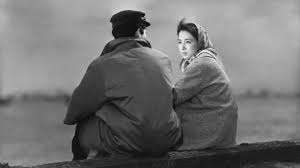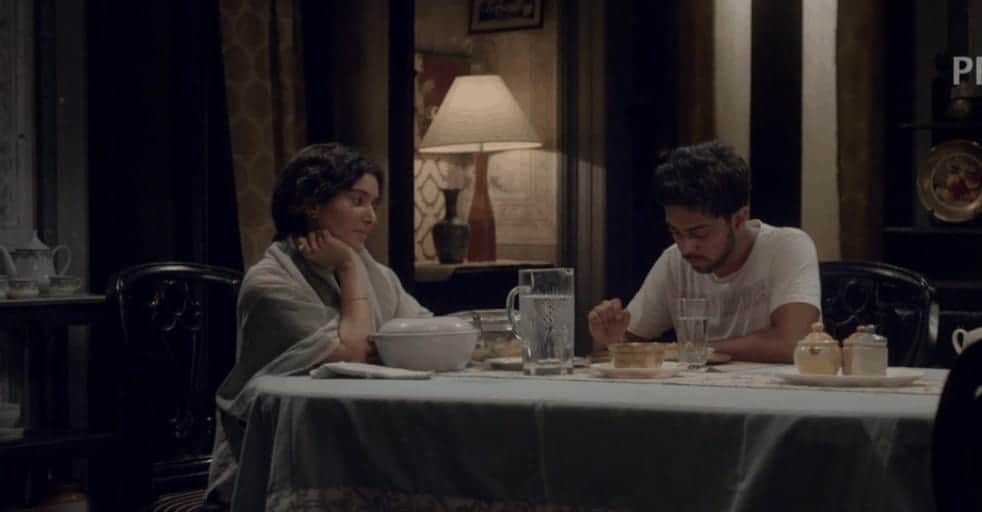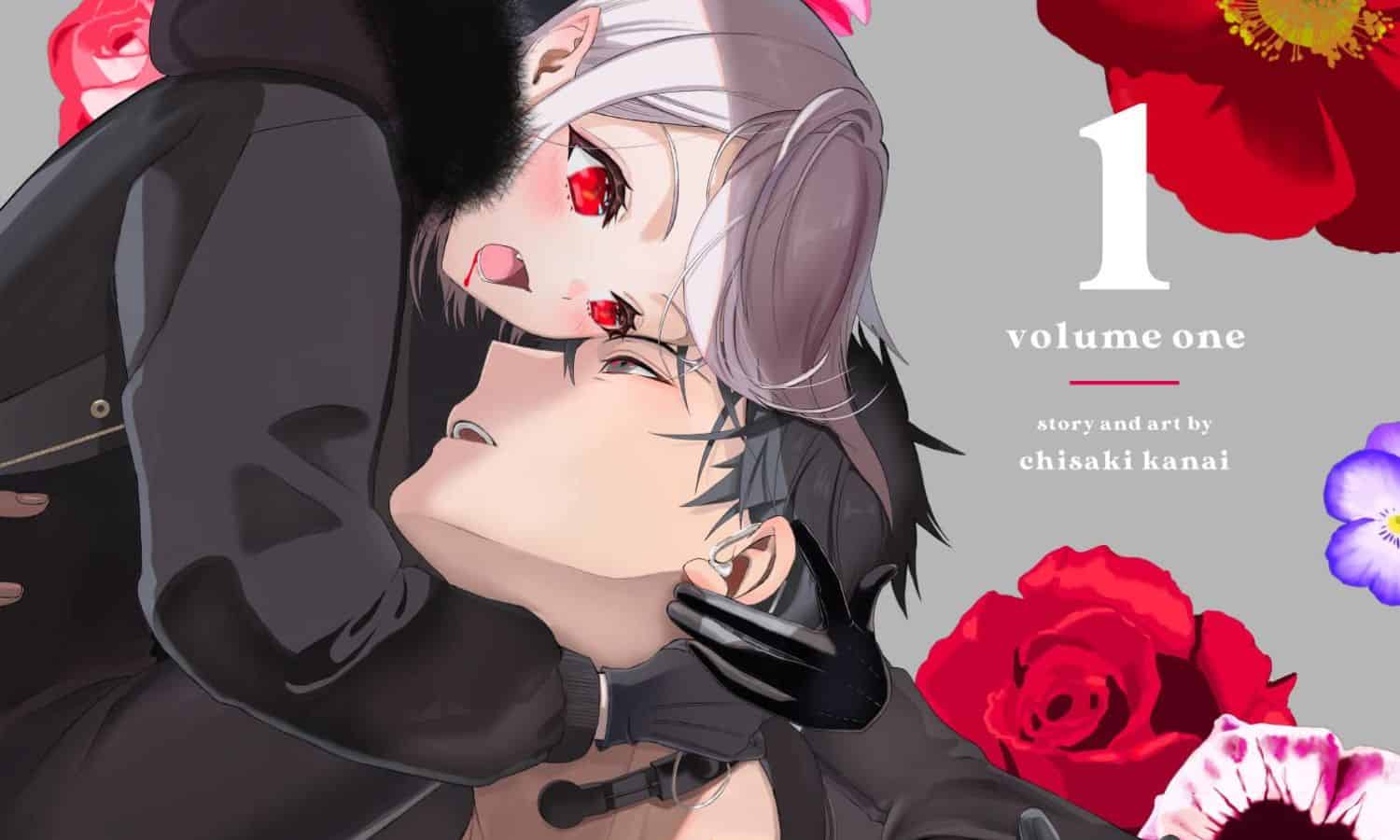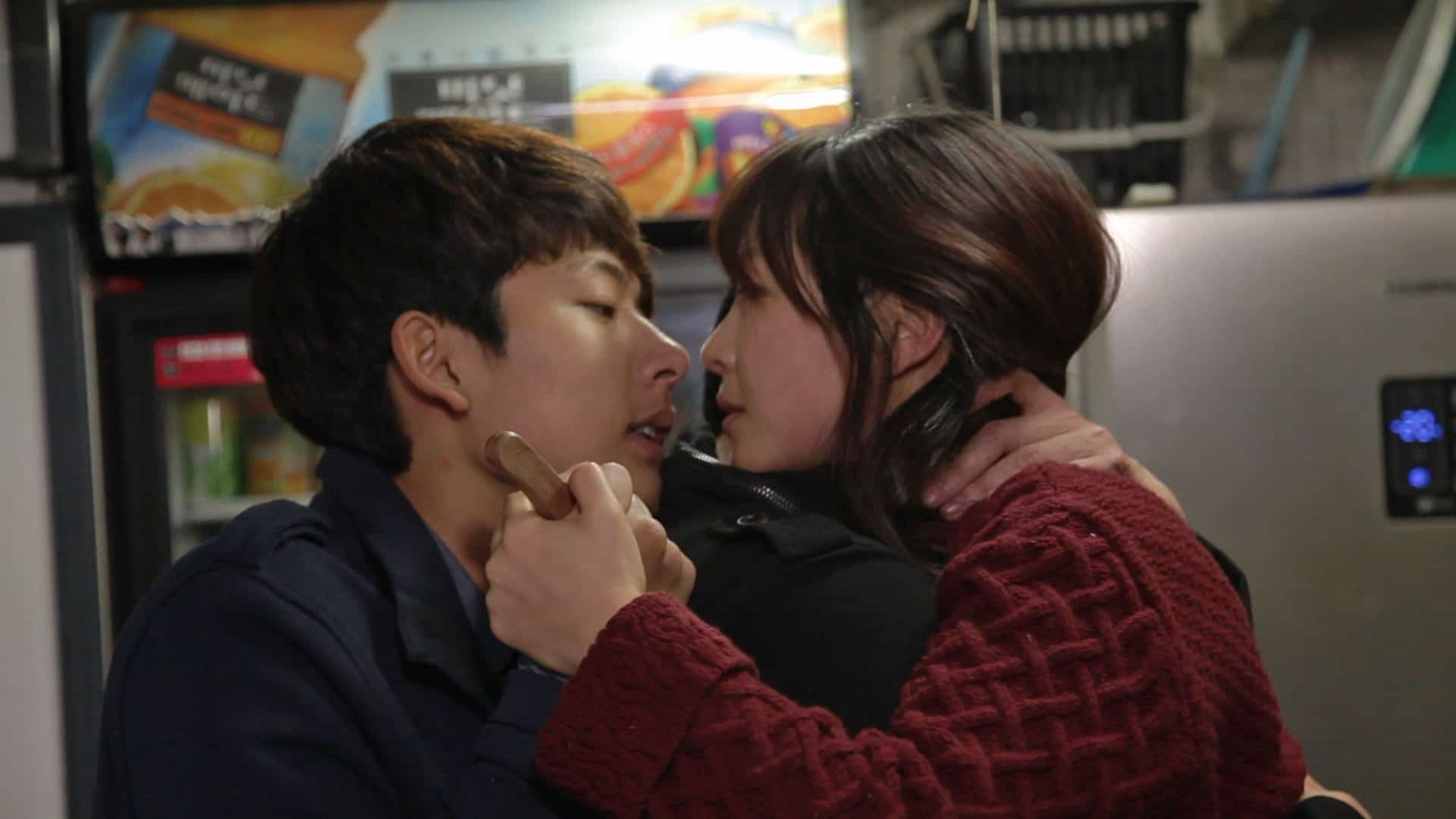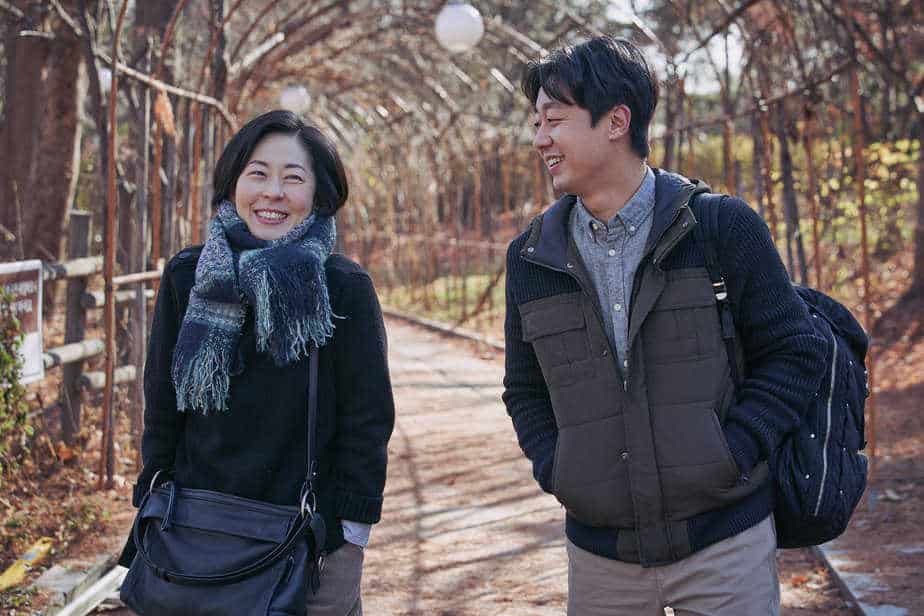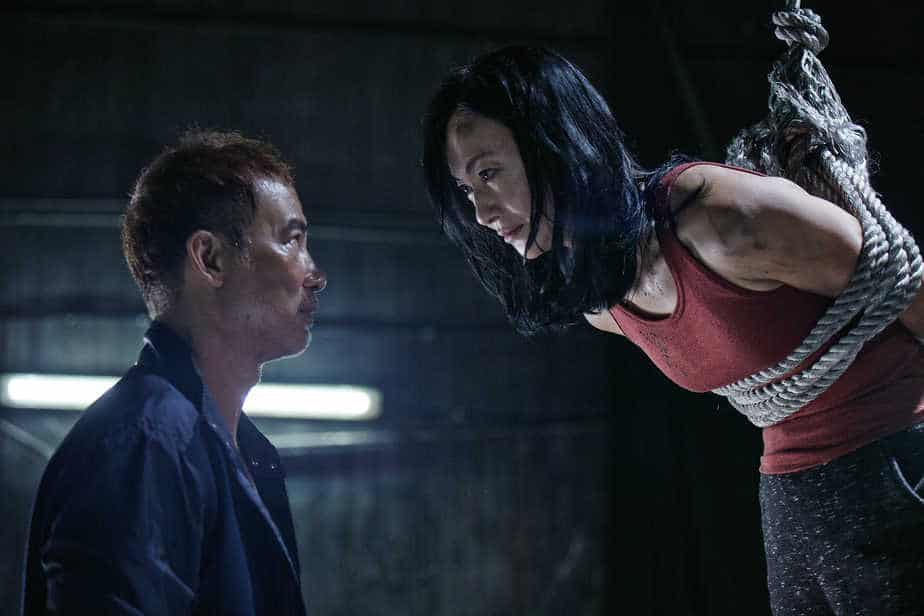As you go through the whole filmography of directors such as Yasujiro Ozu, you start to notice a certain pattern, not only in terms of the visual style but also considering elements of the story. The concept of marriage is, most of the time, when collisions and arguments start to erupt within the family unit, signifying the chasm within Japanese post-war society and some underlying issues in a conformist culture which, to this day, have not been fully resolved. In “Tokyo Twilight”, possibly one of his bleakest features stylistically and narratively, Ozu again shows the family as a mirror of society, its contradictions, regrets and guilt, posing the question of where the culture is headed and whether freedom and independence will bring the solution people wish for.
Tokyo Twilight is screening at Japan Society as part of the Family Portrait program
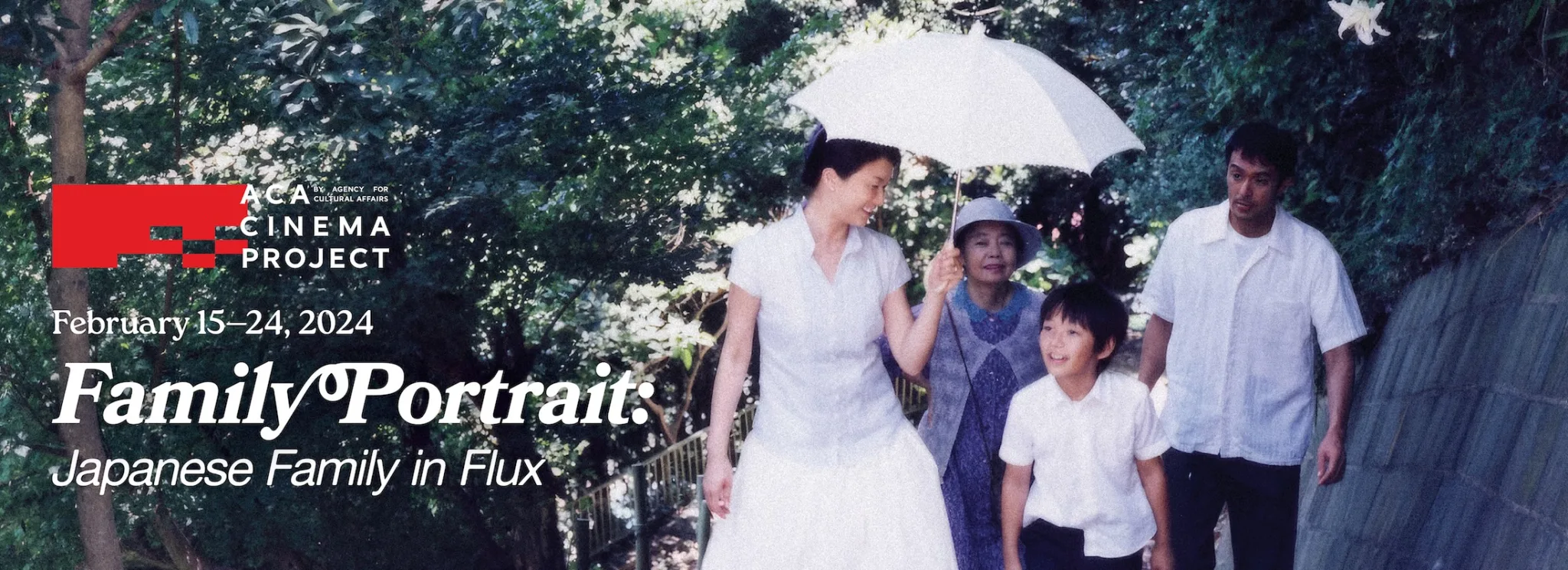
Shukichi Sugiyama (Chishu Ryu) is a respected employee in a Tokyo bank. However, while his professional life is in good shape, he did not have the best intuition when picking the husband for his eldest daughter, Takako (Setsuko Hara), who has seemingly returned home with her infant son. The alcoholism and abuse of her husband have become too much for her to bear, causing her father to regret his decision. At the same time, his youngest daughter, Akiko (Ineko Arima) has also been the cause of concern for him.
Upon hearing about her wanting to borrow money from her aunt, Shukichi becomes suspicious. As he tries to confront her, she evades the topic altogether. What neither her father nor her older sister suspect is that she is pregnant and has been trying to contact the father, a fellow student, who has been avoiding her for some time. To complicate matters further, a chance encounter at a mahjong parlor makes Akiko question the story behind the disappearance of her mother.
Whether we are talking about Ozu's comedies or the dramas, on one occasion in the story one of the characters has some kind of breakdown due to the experiences he or she has been going through. In “Tokyo Twilight”, which is probably one of the director*s most difficult-to-watch films because of that, it happens more than once, as the characters in the story feel the weight of the desperation and the grief of their situation. Ozu gives us an impression about the intense pressure of these people, trying to maintain a functioning social persona, while the emotional inside is suffering immensely. Even though on the outside there is this working facade, the family home itself is in a state of disarray, with the head of the family, the father, unable to fix what has been damaged, also due to this lack of foresight as he would probably call it. With “Tokyo Twilight”, Ozu has managed to capture this turmoil within a society forced to act against its nature and emotions in order to secure a mask that is slowly falling apart.
There are many scenes and images which will stay with the viewer of “Tokyo Twilight”. One the one hand, there is, of course, the performances of Ozu's frequent collaborators Ineko Arima, Setsuko Hara and Chishu Ryu as members of a family attempting to confirm the traditional unity while their helplessness and desperation becomes more and more visible. This is especially true for Arima and Ryu, with the latter having to master the near-impossible task of also substituting as the mother of the family, an exercise he finds himself unequipped for. However, as the camera looks at the images of Tokyo, its skyline, its bars and murky alleyways, there is a sense of decay, of something not quite what it appears to be. It is the image of a dark fate waiting to happen, as the sound of the trains becomes a foreboding of a future which may not be as bright as we hope it will be.
“Tokyo Twilight” is indeed one of Yasujiro Ozu's bleakest features. Its visuals, performances and themes tell the story of a culture attempting to carry on, while not having fully dealt with the chasms and turmoils in its midst.


